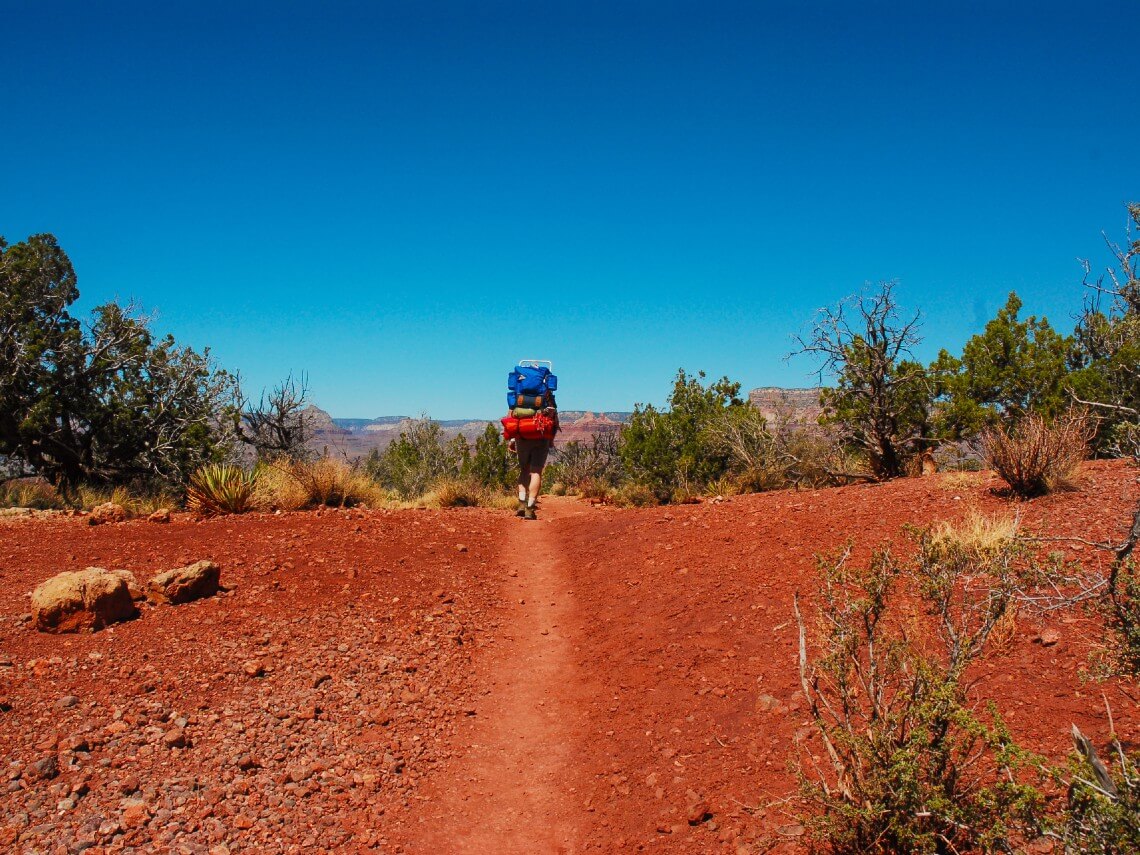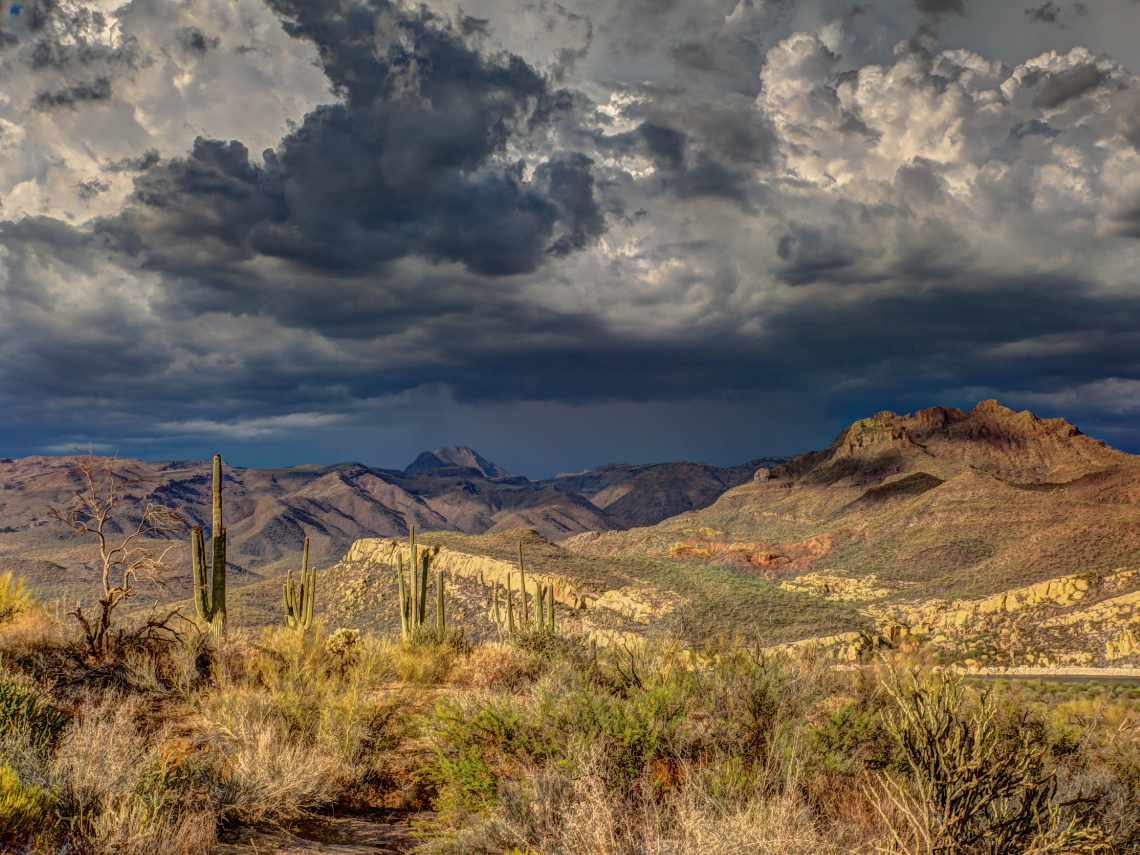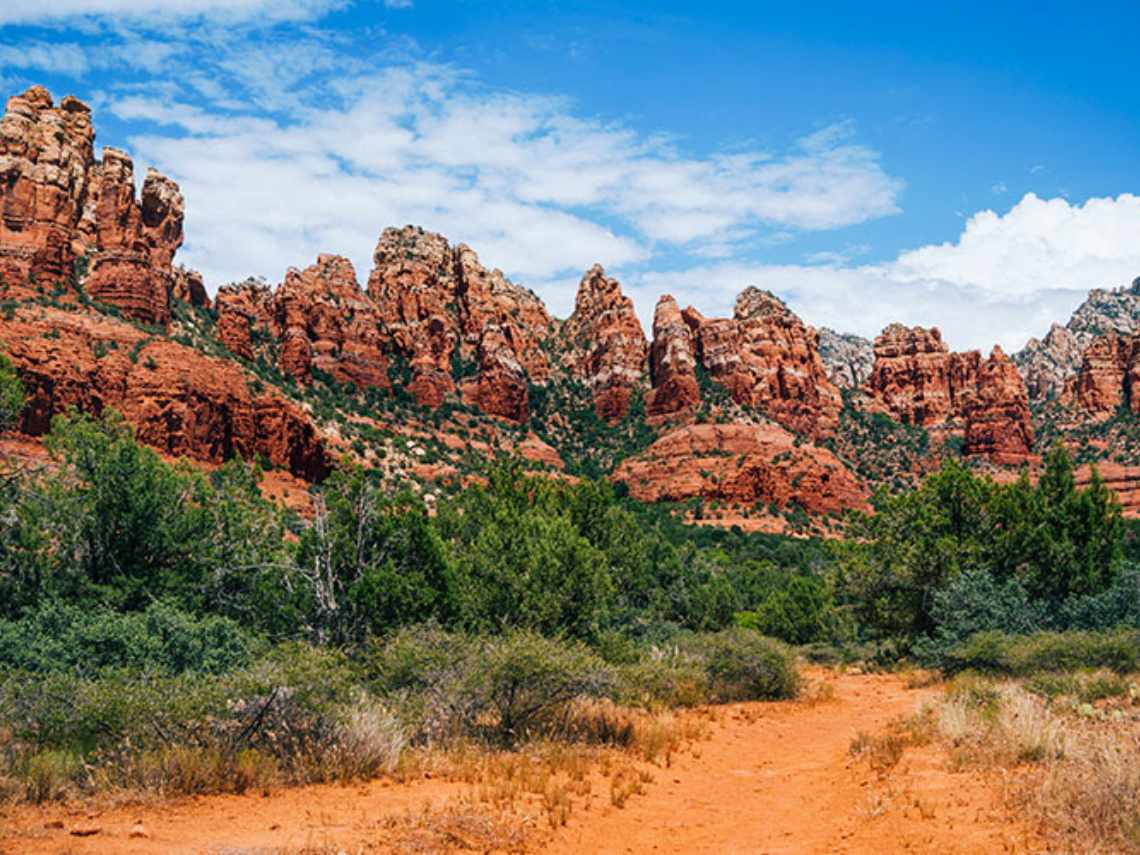Arizona is home to the magnificent Arizona National Scenic Trail (AZT), an 800-mile corridor that winds its way through the state’s diverse landscapes, including mountains, canyons, deserts, forests, and wilderness areas. This premier long-distance trail attracts adventurers from around the world, offering a remarkable experience for non-motorized recreation.
Over a span of 30 years, dedicated volunteers, through the Arizona Trail Association (ATA), built and maintained this iconic trail, making it the largest outdoor service project in the state’s history.
The Arizona Trail Association and Its Importance
This trail owes its existence to the unwavering efforts of the Arizona Trail Association, an organization committed to protecting, maintaining, enhancing, promoting, and sustaining this unique, scenic area. The ATA manages a dedicated group of over 2,500 volunteers annually, many of whom undertake the responsibility of trail maintenance along the entire stretch from Mexico to Utah. These volunteers generously contribute over 20,000 hours of service annually, valued at an impressive $550,000.
Sustainability and Stewardship Programs
The ATA recognizes the importance of instilling a sense of stewardship and environmental appreciation in future generations. Through programs like Seeds of Stewardship, the ATA engages thousands of middle and high school students from communities along the Arizona Trail, educating and involving them in exploring and caring for the trail.
Additionally, the ATA’s Veterans Program provides opportunities for military veterans to experience the Arizona Trail firsthand and participate in stewardship projects. The organization’s Volunteer Program, widely recognized as one of the most effective volunteer structures in the outdoor recreation community, recruits, trains, and empowers citizen stewards throughout the state.
Economic Impact
Beyond its intrinsic value as a recreational resource, the Arizona Trail also plays a pivotal role in Arizona’s economy. Recent studies have shown that Americans spent over $21 billion on outdoor recreation in Arizona from 2020 to 2021, supporting 201,000 jobs, generating $5.7 billion in wages, and contributing $1.4 billion in state and local tax revenue.
Furthermore, research conducted by the University of Arizona revealed that in-state residents engage in non-motorized trail activities approximately 83,110,000 times per year, with an estimated 59.2% of Arizona’s adult population participating. The economic value derived from in-state residents’ non-motorized trail use amounts to an impressive $8.3 billion per year.
S.B. 1714 and Its Importance
In recognition of the critical role played by the Arizona Trail and the Arizona Trail Association, Senator Gowan, representing LD 19, sponsored S.B. 1714.
What is S.B. 1714?
This legislation seeks to appropriate $250,000 to the Arizona Trail Fund, a necessary step to support priority trail construction and maintenance projects. With recent catastrophic wildfires ravaging over 100 miles of the trail, the ATA’s efforts in wildfire mitigation, landscape restoration, and forest health initiatives have become paramount. By securing state funding, Arizona ensures the long-term preservation of this valuable recreational resource, safeguarding the state’s investment while promoting the health, well-being, and quality of life of its residents.
Why It Matters
S.B. 1714 represents a significant milestone in Arizona’s commitment to preserving and enhancing the Arizona National Scenic Trail. As the popularity of the Arizona Trail grows, it is imperative to recognize the economic, environmental, and recreational value it brings to the state.
Through collaborative efforts and continued support, Arizona residents, along with organizations like Dorn Policy Group, Inc., will ensure that this awe-inspiring trail remains an enduring symbol of its commitment to natural preservation and outdoor adventure.
Success with S.B. 1714
Dorn Policy Group was successful in acquiring significant funding for the Arizona National Scenic Trail by securing the original requested amount of $250,000, along with an additional $250,000, for a notable total of $500,000.
Dorn Policy Group, Inc. Advocates for Arizona
When you partner with a government relations firm like Dorn Policy Group, Inc., you’re not just getting our support. You gain an invaluable partner who advocates for your success. With nearly 60 years of combined experience, we’re experts in obtaining the results you need for success. Contact us today to learn more about our services and what we can do for you.





